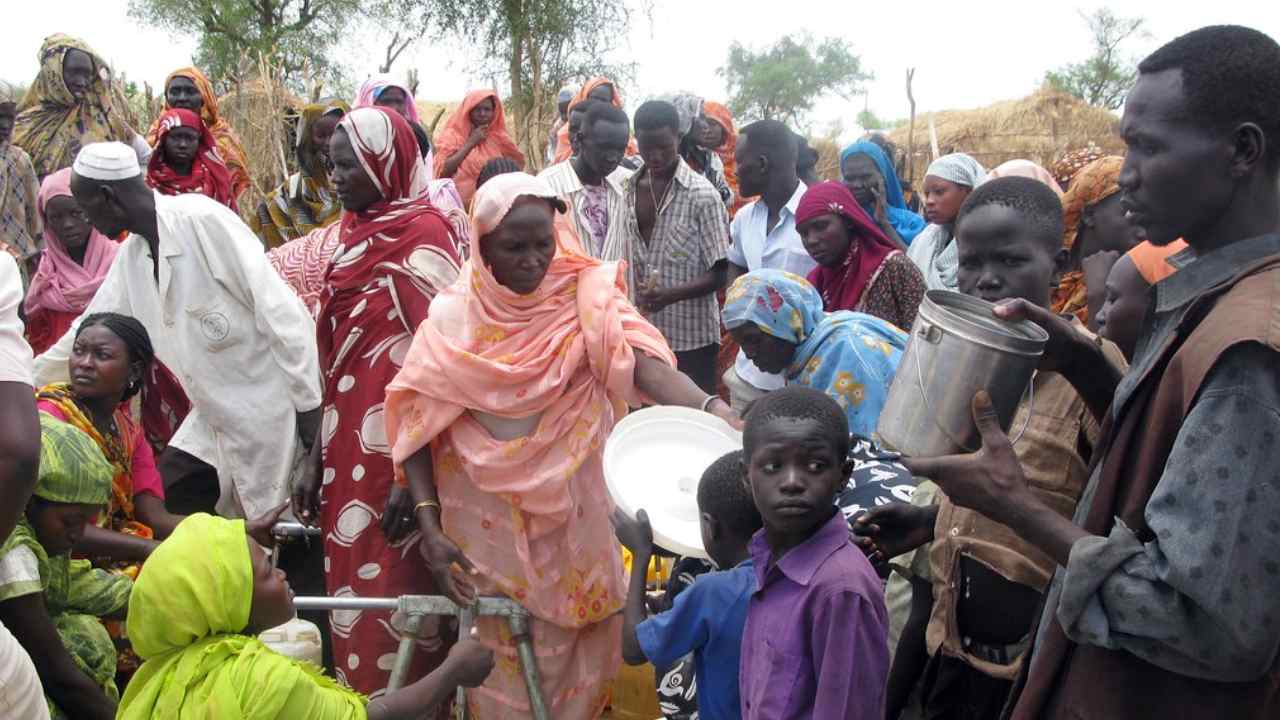The United Nations World Food Programme (WFP) has suspended food aid to South Sudan, citing insufficient funding as the only reason.
According to a statement issued in the capital Juba, the WFP’s decision will increase the risk of starvation for 1.7 million people.
According to the United Nations humanitarian agency, about $426 million is needed to reach 6 million people. The statement said the WFP was deeply concerned about the impact of budget cuts on children, women and men who could not eat enough food in adverse weather.
The World Food Programme’s acting country director in South Sudan, Adeyinka Badejo, says the country is facing its worst year of food insecurity since independence in 2011. Speaking from the capital, Juba, she said, the WFP had planned to assist 6.2 million people this year. Since it has run out of cash, the WFP has been forced to take food away from the hungry to feed the starving, she added.
“These cuts are happening at the start of the lean season when families have completely exhausted any food reserves and are likely to continue to suffer acute levels of hunger as the lean season deepens… We are in famine prevention mode as we focus our available resources to assist people at the brink of famine and some of those at risk of starvation.”
According to the latest Integrated Food Security Phase Classification (IPC) assessment, 7.74 million people will experience severe hunger from June to August, and 1.4 million children will be severely malnourished in adverse weather.
“These families have completely exhausted their coping strategies. They urgently need humanitarian assistance to keep food on the table,” said Badejo.
Due to the same budget constraints, the WFP halved the food ration in September last year, leaving most households with little food.
Cereals, pulses, vegetable oils and salts are part of the WFP diet.
According to the statement, food suspension assistance will affect 1,78,000 school children who will no longer receive daily school meals, an important safety net that helps keep South Sudanese children in school.


























